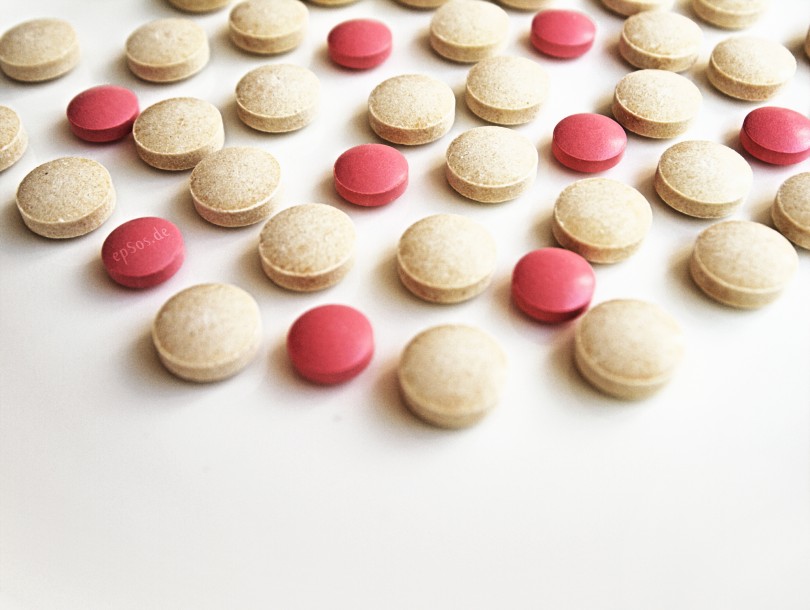The Trans-pacific partnership (TPP) is coming close to a final deal, but serious disagreements over intellectual property of pharmaceuticals could bring the whole thing unstuck.
What is the disagreement?
Despite the secrecy of the negotiations, leaked documents show the patent and pharmaceutical section of the TPP is still under discussion.
The US is pushing for provisions that would expand and extend patent monopolies, keeping drug prices higher for longer and delaying affordable generic medicines.
The pharmaceutical lobby in the US represent a powerful group and their demands stand in stark contrast to other countries at the table. This includes the Australian government that has already stated it will not accept any outcome that undermines the Pharmaceutical Benefits Scheme (PBS) in Australia.
Australian Government must not trade lives away as TPP talks wrap up http://t.co/gllwtaAl6y #TPP #TPPA
— Pub Health Assoc Aus (@_PHAA_) July 28, 2015
What is biologics and why is it important?
Of crucial concern is the duration of data protection of a group of medicines known as biologics. Biologics are medicines produced from natural sources and are at the forefront of biomedical research. ‘Data protection’ refers to clinical trial data being denied to generic manufacturers. This has the potential to impede competition even after a patent has expired.
Often these medicines are able to treat conditions for which no other medicine is available. For example, biologics that treat cancer and rheumatoid arthritis -that are listed on PBS. The US originally pushed for a data protection period of 12 years. After some negotiations, they reduced this to eight. The US pharmaceutical industry argue it is necessary to incentivise research because biologics take a long time to develop and test. But even an eight year period would extend Australia’s current data protection by three years. Estimates have shown that this could cost hundreds of millions of dollars a year.
Fewer cures, less economic growth if #biologics IP not protected in #TPP, accord. to @WSJ http://t.co/X9ROxCAIYA — PhRMA (@PhRMA) August 12, 2015
The US is also trying to prevent countries from refusing to grant patents for minor variations to existing drugs. Such variation patents can result in ‘evergreening’, where patent holders shackle competition from generic manufacturers by continually gaining additional patents.
These changes could significantly increase costs to Australia’s PBS. A report conducted by UNSW’s Faculty of Medicine found increased costs to the PBS have increased patient co-payments in the past. Were the TPP to have a similar effect, the report predicts that vulnerable people with chronic-health problems will likely to suffer the most.
“Higher prescription costs for patients lead to a greater reduction in medicine use in vulnerable populations than for the general population,” the report says.
If no compromise is made it could be the last pill for the TPP.
Image credit: epsos.de on Flickr

